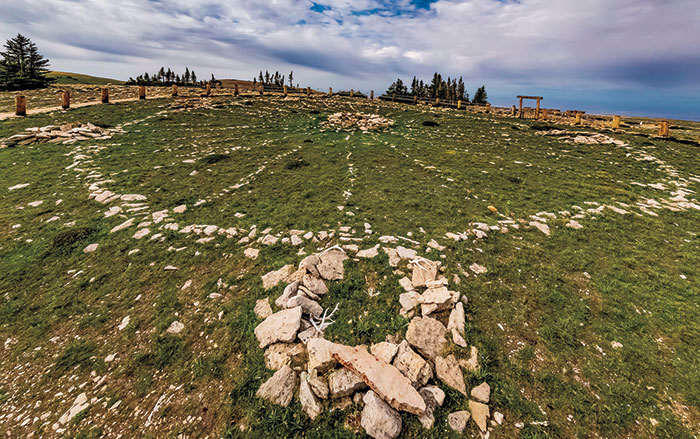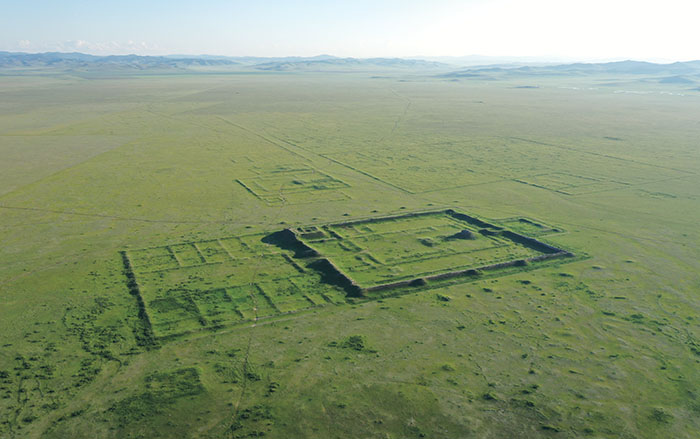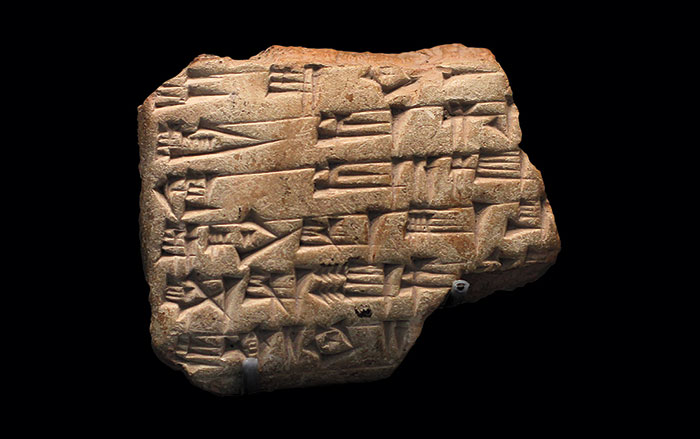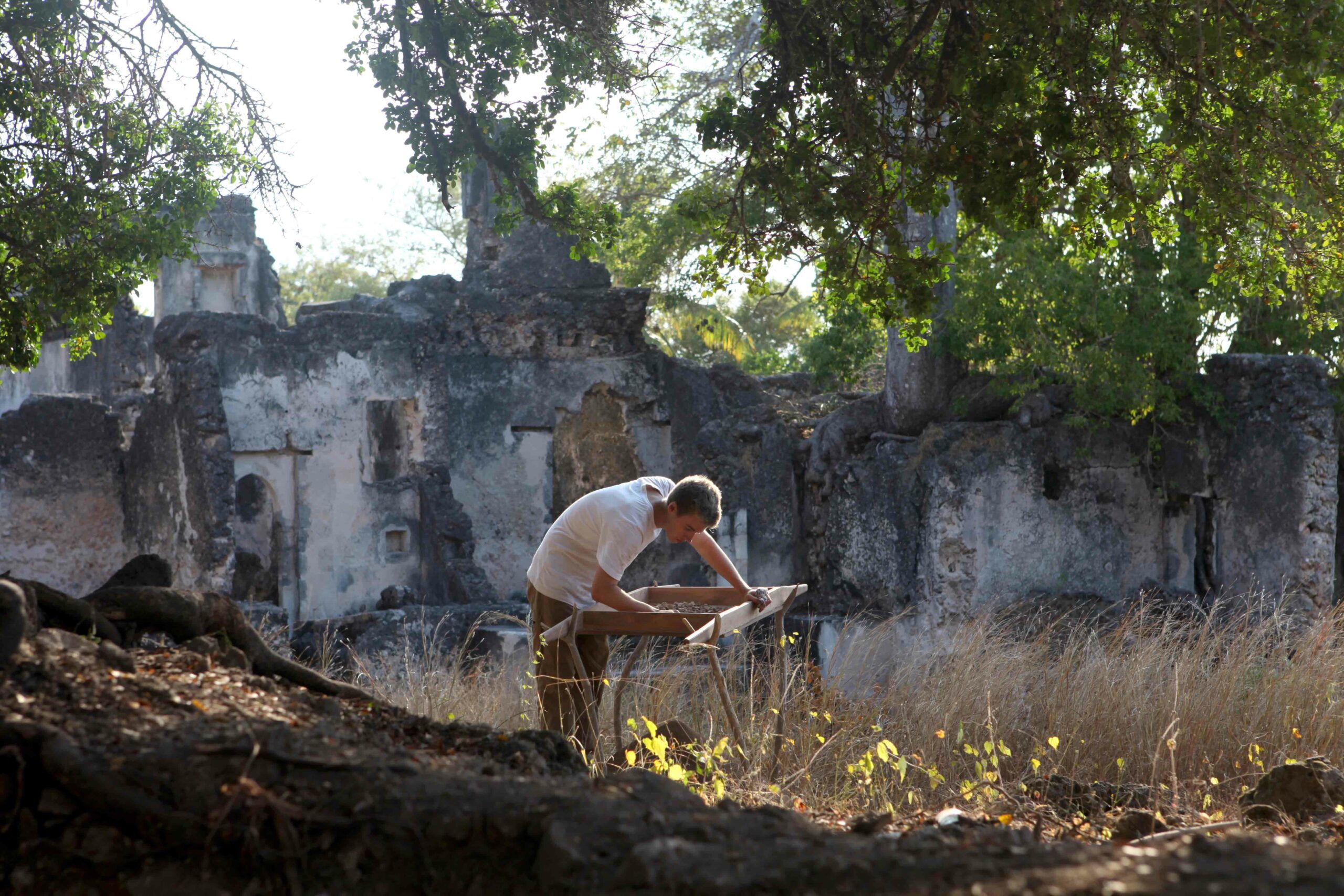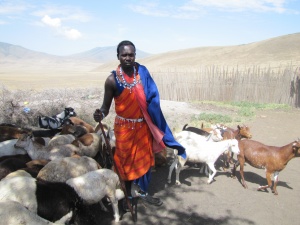
PHILADELPHIA, PENNSYLVANIA—An international team of scientists led by Alessia Ranciaro and Sarah Tishkoff of the University of Pennsylvania has investigated the genetic origins of lactose tolerance in geographically diverse populations of Africans in Kenya, Tanzania, and Sudan. The scientists collected blood samples from pastoralists, agro-pastoralists, agriculturalists, and hunter-gatherers, who also took a lactose test by fasting overnight, having their blood sugar measured, drinking a sweet beverage containing a high level of lactose, and then having their blood sugar tested at set intervals. The research team found that the geographic patterns in which a genetic variant for milk digestion were present often correlated with historic human migrations and the spread of domestic cattle, camels, and sheep. “Our results are showing different mutations arising in different places that are under selection and rising to high frequencies and then reintroduced by migration to new areas and new populations,” Tishkoff told Science Daily. She suspects that there are other genetic variants for the digestion of milk that have not yet been discovered, and that commensal bacteria in the gut could also help adult humans digest milk.


